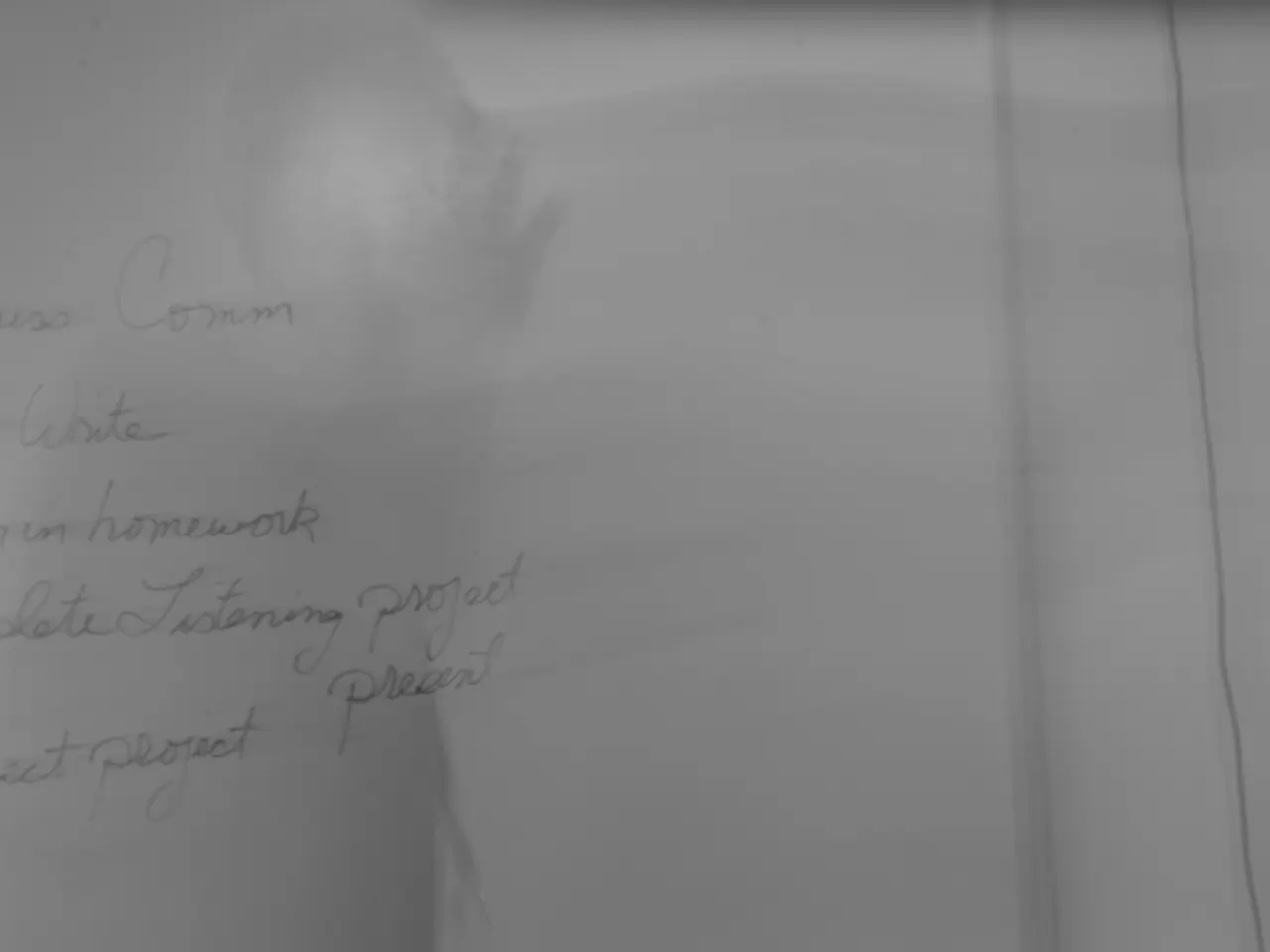Discussion at European Economic Congress advocates for breaking Poland's monopoly.
Rewritten Article:
Let's talk about the recent discussion held on 24 April as part of the European Economic Congress, focusing on Poland's gambling industry. The main topic? It's high time for the government to take action against those pesky illegal gambling sites and, well, scrap Poland's old-school monopoly over iGaming.
Zdzislaw Kostrubala, the big cheese at Poland's gambling trade association (Graj Legalnie), made it clear during the panel that this monopoly model is outdated and ridiculous in today's digital era. Sports betting is open to private operators, but there's only one legal online casino that operates under the state-run Totalizator Sportowy. But hey, who's keeping track, right? There seems to be a distinct lack of awareness among the Polish public about what's legal and what's not in the gambling world, the panel pointed out.
Kostrubala dropped some numbers from the Ministry of Finance: allegedly there are over 50,000 domains of illegal gambling games out there, and it's nigh impossible to block 'em all. This battle against illegal sites has become like a never-ending game of cat and mouse between the state and those pesky bad actors.
But don't worry, Graj Legalnie isn't against regulation, Kostrubala reassured everyone. But they're definitely against regulation that doesn't work—or that doesn't improve Poland's economic, social, and competitive situation, for that matter.
Oh, and did we mention that Poland's not the only EU state grappling with this issue? A recent report by Sweden's regulator, Spelinspektionen, found that an astounding 72% of Swedish gamblers were clueless about which products are legal versus illegal. Even casino patrons who want to play by the rules often end up playing at illegal casinos unknowingly, ^([1])^ just like Poland.
Poland's not alone in this oddball club, Piotr Palutkiewicz, VP of the Warsaw Enterprise Institute, explained during the panel. Finland, for example, recently announced plans to open its online betting market to private operators, aiming to kick things off in January 2027. Sweden already took the plunge in 2019. Norway is the only Nordic country still holding on to its gambling monopoly, but political parties are warming up to the idea of an open market for the upcoming September 2025 general election.
But here's the rub: illegal gambling sites pose a significant threat to consumers and the state. According to panel data, a whopping PLN230 billion ($61 billion) in gambling funds have apparently vanished into offshore tax havens, costing the state PLN5.8 billion ($1.5 billion) in lost taxes. (^[2], [3])^Former chairperson of state monopoly Totalizator Sportowy, Olgierd Cieślik, chimed in, saying that the fight against the grey market isn't moving fast enough. Cieślik suggested that though the monopoly is expected to grow by roughly 5% of the legal market in terms of players, the illegal market, in terms of revenue, is rapidly catching up with the legal.
The debate also touched on the challenges faced by gambling regulators across Europe, particularly when it comes to deposit limits and financial vulnerability checks. Wojciech Szpil, another former chairman of Totalizator Sportowy, argued that there remain issues with how the law is applied in Poland, as the government has yet to keep up with modern markets. Szpil emphasized that more could be done to tackle the "shadow economy" originating from offshore licensing frameworks like Malta, Gibraltar, or Curaçao. However, he noted that this would depend on action from the Ministry of Finance or the National Tax Administration.
For Additional Insights:
- The strict regulations of Poland's gambling sector, largely based on the Polish Gambling Act of 2009, aim to curb illegal activities, but enforcement often faces challenges, especially against unlicensed operators based in international jurisdictions like Malta, Gibraltar, or Curaçao. (^[4])^
- Compared to other EU countries like Denmark, Finland, and Sweden, Poland's gambling market is more restricted, with a state monopoly on online casino games and stricter licensing for sports betting. (^[1], [4])^
- EU countries tackle illegal gambling activities through cooperation and harmonization, with some countries like Sweden implementing stricter regulations and enforcement measures. (^[4])^
- Wojciech Szpil, another former chairperson of Totalizator Sportowy, expressed concerns about the application of laws in Poland, suggesting that more could be done to tackle the "shadow economy" originating from offshore licensing frameworks like Malta, Gibraltar, or Curacao.
- The government's monopoly over iGaming in Poland, as highlighted by Zdzislaw Kostrubala, seems outdated in the digital era, with only one legal online casino operating under the state-run Totalizator Sportowy, while over 50,000 domains of illegal gambling games persist.
- Several EU countries are also grappling with the issue of illegal gambling sites, with Norway planning to open its online betting market to private operators in the upcoming September 2025 general election, following Sweden's lead in 2019 and Finland's announcement for a 2027 launch.
- The debate also underscored the challenges faced by gambling regulators in Europe concerning deposit limits and financial vulnerability checks, with panelist Wojciech Szpil emphasizing the need for action from the Ministry of Finance or the National Tax Administration to address the issues with how the law is applied in Poland.





